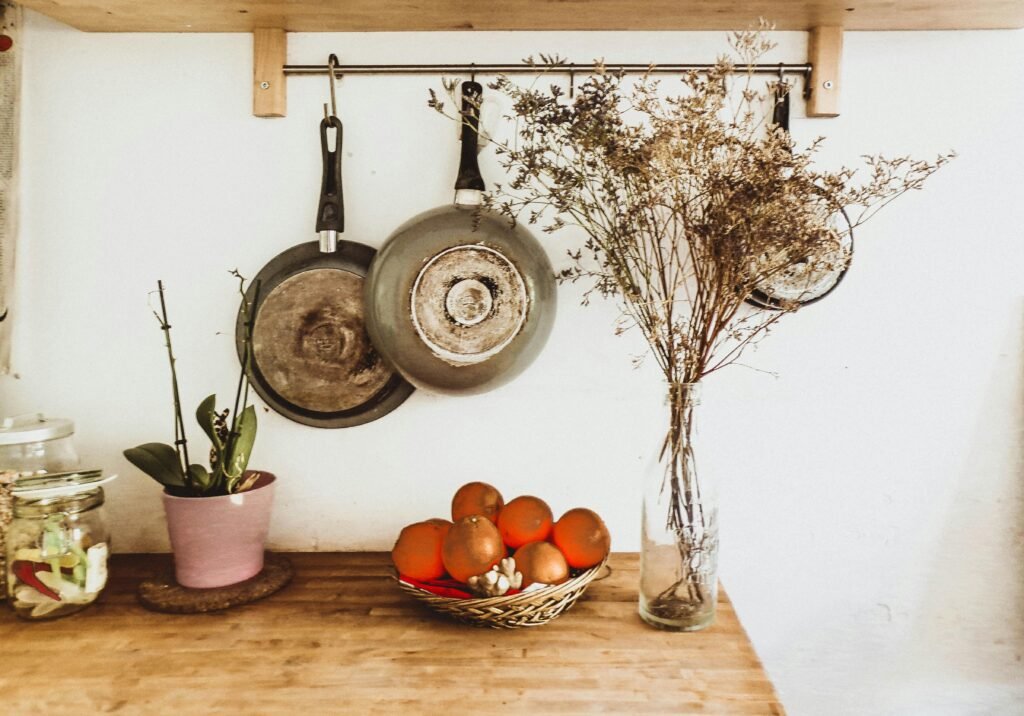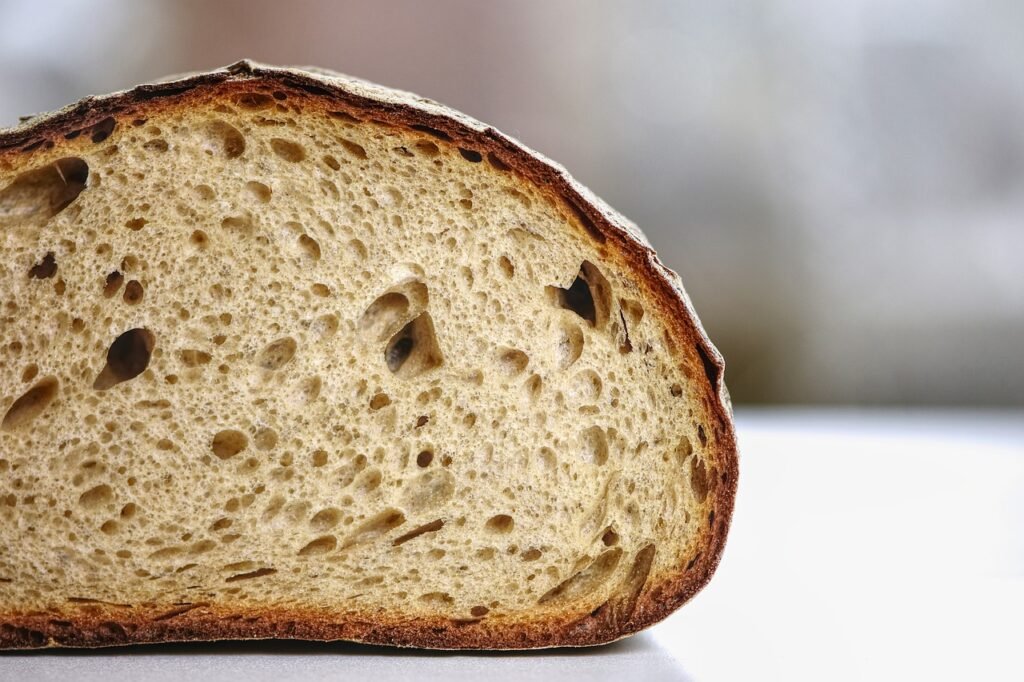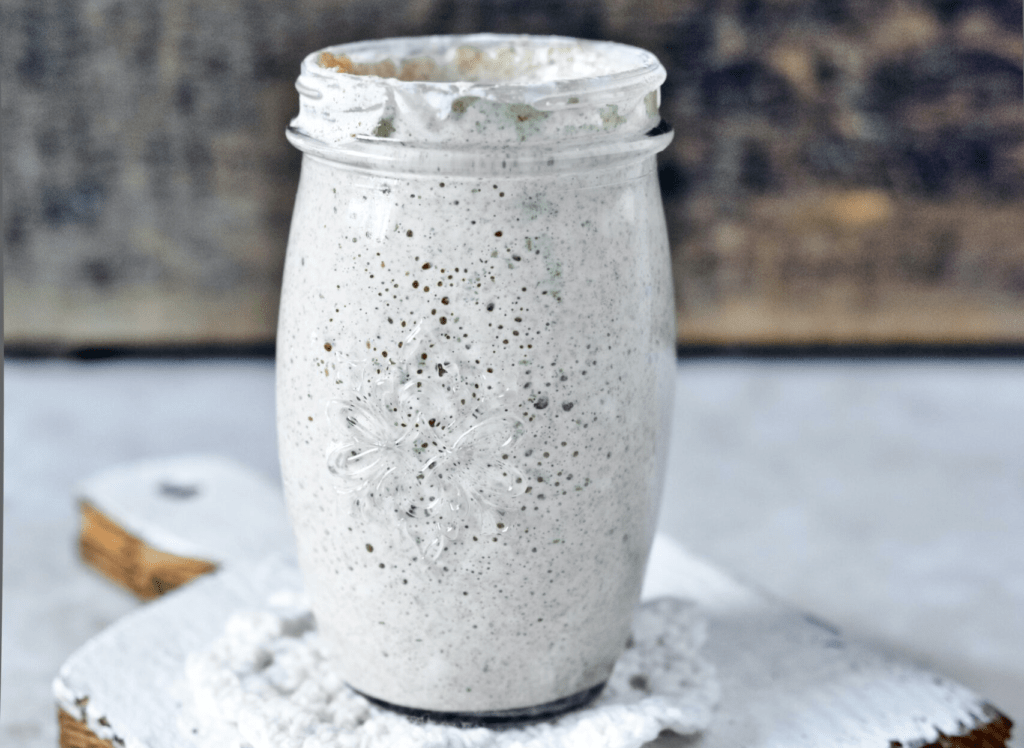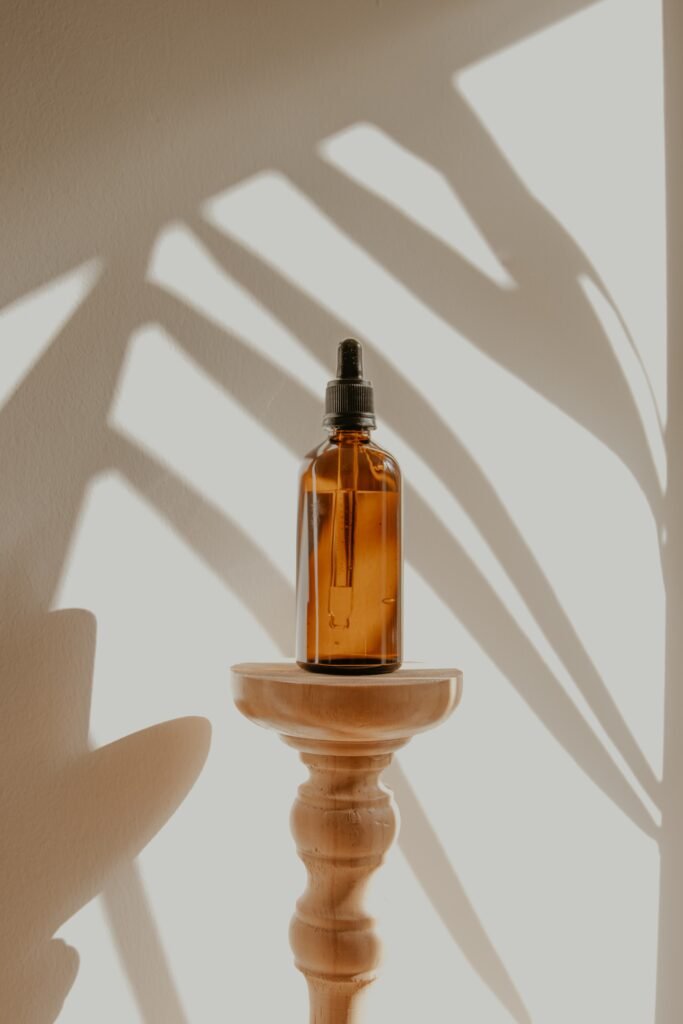In pursuit of healthier living, your kitchen is an essential place to start. The tools and materials we use to prepare our food can actually impact our health. Creating a non-toxic kitchen starts with the right accessories. Here’s how you can make your kitchen healthier and safer by choosing non-toxic kitchenware.
The Hidden Harms
From plastic storage containers to non-stick cookware, these everyday tools can harbor harmful chemicals. Many of these items contain endocrine-disrupting chemicals (EDCs) such as BPA, phthalates, and PFAS. These chemicals interfere with hormone function and can lead to various health issues. By learning about these risks and making informed choices, you can reduce your exposure to these harmful substances.
Kitchen Essentials
Embrace cooking with fresh, organic ingredients. Pesticides and herbicides can leave potentially harmful effects on your food. While you can remove surface residues with a simple water and baking soda mix, some foods absorb these EDCs during growth and can’t be rinsed off. Check out this post to learn more about the “Dirty Dozen” list of fruits and vegetables that tend to have higher pesticide residues.
In your kitchen, swap out plastic storage for glass containers and replace non-stick cookware with stainless steel or cast iron. Here are some of my favorite non-toxic kitchen products:
- Glass Storage Containers: These are a great alternative to plastic. They don’t leach chemicals into your food and are easy to clean.
- Stainless Steel Cookware: Durable and non-toxic, stainless steel is a safer option for cooking.
- Cast Iron Cookware: When properly seasoned, cast iron provides a natural non-stick surface without the harmful chemicals found in many traditional non-stick pans.

Commonly Used Kitchenware Containing Harmful EDCs
Let’s take a look at some commonly used kitchenware that may contain harmful EDCs (It’s also worth remembering I am in no way an expert, this blog post is based on my own research and personal experiences. Please do your own research, this post by Breast Cancer UK is a good place to start.):
Plastic Food Storage Containers:
- Harmful Chemicals: BPA and Phthalates
- Why They’re Harmful: BPA and phthalates can disrupt endocrine function and are linked to reproductive harm and other health issues.
Non-Stick Cookware (Teflon):
- Harmful Chemicals: PFOA and PFOS
- Why They’re Harmful: These chemicals can leach into food when the cookware is heated, potentially causing liver damage, thyroid disease, and other health problems.
Plastic Wrap:
- Harmful Chemicals: DEHA and Phthalates
- Why They’re Harmful: DEHA is a suspected human carcinogen, and phthalates disrupt hormone production.
Aluminum Cookware and Foil:
- Harmful Chemicals: Aluminum
- Why They’re Harmful: Cooking acidic foods in aluminum cookware can increase aluminum leaching, which is linked to neurological issues.
Safer Alternatives
Replace these harmful items with safer alternatives. For instance:
- Use glass or stainless steel food storage containers instead of plastic.
- Choose cast iron or stainless steel cookware over non-stick options.
- Opt for natural parchment paper or beeswax wraps instead of plastic wrap.

To make a start on reducing your exposure to EDCs, consider these steps:
- Avoid Heating Plastic: Never heat food in plastic containers. Use glass or ceramic instead.
- Check Product Labels: Look for BPA-free, phthalate-free, and PFOA-free labels when purchasing kitchenware.
- Use Natural Cleaners: Clean your kitchen with natural, non-toxic cleaning products. I have a post about natural cleaning solutions here
Recommended Non-Toxic Kitchen Brands
1. Kilner: Kilner is considered a non-toxic kitchenware brand due to its commitment to using safe, high quality materials like glass and bpa-free lids. Their products are durable, reusable, and environmentally friendly.
2. Pyrex: Known for their durable glassware, Pyrex offers a wide range of storage solutions that are free from harmful chemicals.
3. Le Crueset: Le Creuset is widely regarded as a non-toxic kitchenware brand due to its commitment to high-quality materials like enameled cast iron, stainless steel and stoneware
4. Lodge Cast Iron: Lodge offers a variety of pre-seasoned cast iron cookware that is both affordable and durable.
5. OXO: OXO provides a range of stainless steel and silicone kitchen tools that are safe and high-quality.
6. Bee’s Wrap: An eco-friendly alternative to plastic wrap, Bee’s Wrap is made from organic cotton, beeswax, and tree resin.

in conclusion
Understanding the risks of EDCs in your kitchenware is the first step toward creating a safer, healthier home. By making informed choices and opting for non-toxic alternatives, you can significantly reduce your exposure to these harmful chemicals.
Start your journey towards a non-toxic kitchen today. Share your experiences and any tips you have in the comments below.
Disclaimer:
I’m not an expert; this blog is based on my own research and personal experiences. Please do your own research and consult professionals when necessary.




